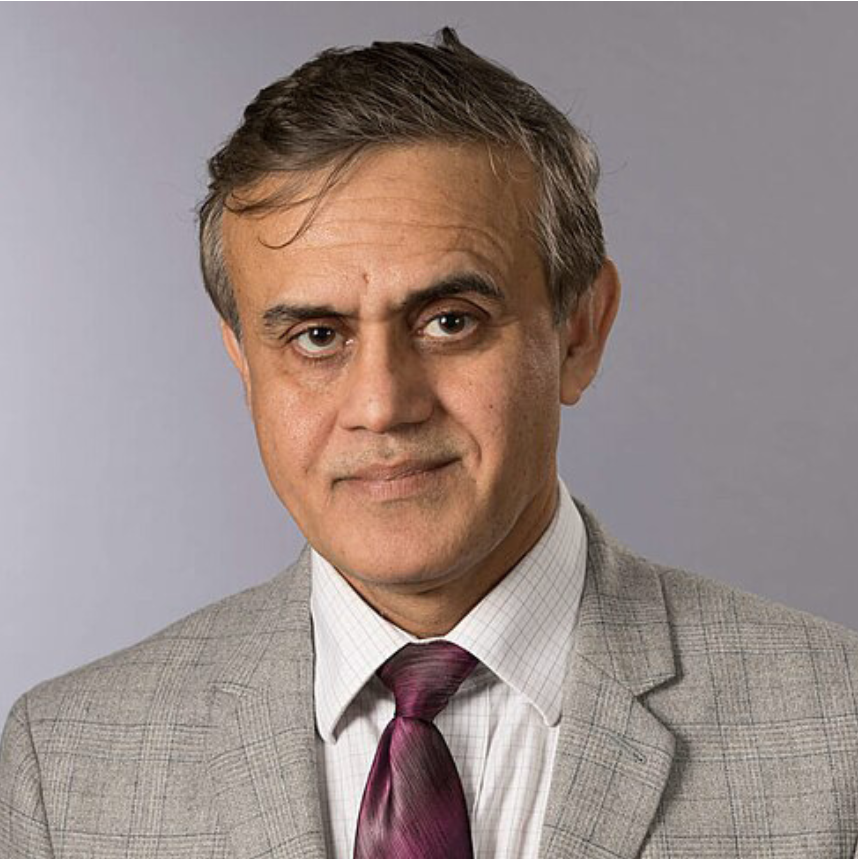
WCCBT Global Ambassadors 2025
Event Date: November 1, 2025

Heather Hadjistavropoulos is the Canadian Association of Cognitive Behaviour Therapies Global Ambassador in 2025. She is a former President of the Association and Professor of Psychology at the University of Regina. As a recognized leader in the development, evaluation, and optimization of Internet-delivered Cognitive Behaviour Therapy (ICBT), Heather delivered a 60-minute webinar on Internet-delivered CBT on 18th June. The webinar was titled “Expanding CBT Horizons: What Therapists Should Know About Internet-Delivered Cognitive Behaviour Therapy (ICBT)” and benefited from the depth and breadth of Heather’s research on ICBT, the knowledge mobilization efforts in Canada, and her research, which addressed patient, provider, and health system, and the need to improve ICT and overcome barriers to accessing CBT.

The Australian Association for Cognitive and Behaviour Therapy (AACBT) Global Ambassador this year was Emeritus Professor Susan Spence. On 23rd June, she presented a full-day hybrid workshop titled “Enhancing clinical practice with digital tools for child and adolescent mental health”. Sue is currently an Emeritus Professor in the School of Psychology and Australian Institute for Suicide Research and Prevention at Griffith University, Queensland, Australia.
Despite the high prevalence of emotional and behaviour problems in children and adolescents, the majority do not receive professional mental health services, and their issues go untreated. There are various reasons to explain this, but a key point is that we just do not have enough mental health professionals to meet the demand. New technologies such as internet-delivered CBT programs and mobile applications (“Apps”) have been proposed as one method that could increase young people’s access to treatment. They have great potential not only to reduce waitlists, but also as tools to enhance therapy practice and treatment outcomes. There is a good deal of evidence that these new approaches can produce significant improvements in mental health and emotional wellbeing, subject to limitations. Nevertheless, many clinicians are reluctant, for a variety of reasons, to make use of these interventions in their practice.
Sue’s workshop focused on developing practitioner skills and knowledge about using new technologies to support and enhance their clinical practice in the treatment of anxiety and depression in young people. The workshop addressed concerns that many practitioners have about such approaches, examined the ethical and practical issues surrounding their use, and explored some of the available online interventions and “Apps”, and examined the empirical evidence regarding effectiveness. In particular, the workshop aimed to increase clinician confidence about and comfort in the use of new technologies in their clinical practice, and to increase awareness of the strengths and limitations to their use.

The Global Ambassador Event on Cognitive Behavioural Therapy (CBT) for Psychosis, hosted by the Asian Cognitive Behaviour Therapy Association (ACBTA), was successfully conducted on an online platform. The event featured distinguished speaker Prof. Farooq Naeem, an internationally recognised expert in CBT for severe mental disorders. The session attracted 40 participants from Malaysia, India,Pakistan, Indonesia, and one participant from Russia, reflecting strong regional and global interest in evidence-based psychological interventions for psychosis.
Prof. Naeem delivered a highly interactive lecture that blended theoretical insights with clinical practicality. He highlighted the foundations of CBT for psychosis, focusing on understanding the cognitive model of psychotic symptoms, addressing distress associated with hallucinations and delusions, and applying collaborative approaches to build trust with clients. The session emphasised culturally sensitive adaptations of CBT to suit diverse populations, which resonated strongly with participants from Southeast Asia.
A notable strength of the event was its skills-based learning approach. Through live demonstrations and discussion of real-world case studies, attendees were guided on practical techniques such as formulating cases, challenging unhelpful beliefs, and integrating behavioural experiments into therapy. Feedback during the session showed that participants were highly engaged and motivated, appreciating Prof. Naeem’s clarity in translating complex concepts into accessible steps for clinical use. Many noted that the discussion of challenging cases offered valuable insight into applying CBT strategies effectively in low-resource and culturally diverse settings.
In summary, the event hosted by ACBTA successfully achieved its objectives of enhancing clinical knowledge and hands-on skills in CBT for psychosis. It demonstrated the importance of accessible global learning platforms in building professional competence and collaborative networks

Agnieszka Popiel from the SWPS University, Warsaw, Poland, is this year’s European Association of Behavioural and Cognitive Therapies Global Ambassador. On Tuesday, 11th November, Agnieszka will be running a half-day workshop on: Self-Efficacy Focused Cognitive Therapy (SEF CT) — a non-trauma-focused,process-based approach to PTSD”. This approach was originally designed as an alternative for patients who firmly refused trauma-focused therapy, and blends the familiar “notes” of contemporary cognitive therapy into an evidence-based composition that no longer requires reliving or processing the traumatic memory.

Anne Marie Albano is ABCT’s Global Ambassador and will be running a 3-hour workshop on Wednesday, December 17th, entitled “Anxiety, Adolescents, and Parenting on the pathway to adulthood”. Anne Marie Albano is a clinical psychologist known for her clinical work and research on psychosocial treatments for anxiety and mood disorders, and the impact of these disorders on the developing youth. She is the CUCARD professor of medical psychology in psychiatry at Columbia University, the founding director of the Columbia University Clinic for Anxiety and Related Disorders, and the clinical site director at CUCARD of the New York Presbyterian Hospital’s Youth Anxiety Center.

Jenny Jordan is an Associate Professor in the Department of Psychological Medicine, University of Otago, Christchurch, New Zealand. She is also a clinical psychologist for Health New Zealand/Te Whatu Ora, Waitaha Canterbury. Jenny is the global ambassador for the Aotearoa New Zealand Association for Cognitive and Behavioural Therapies. Her speciality is clinical research for mental health conditions, including comparative psychotherapy trials for eating and mood disorders, as well as other related research. Jenny’s virtual workshop will be held on the 4th of December, and details will be available on ANZACBT’s website soon.

